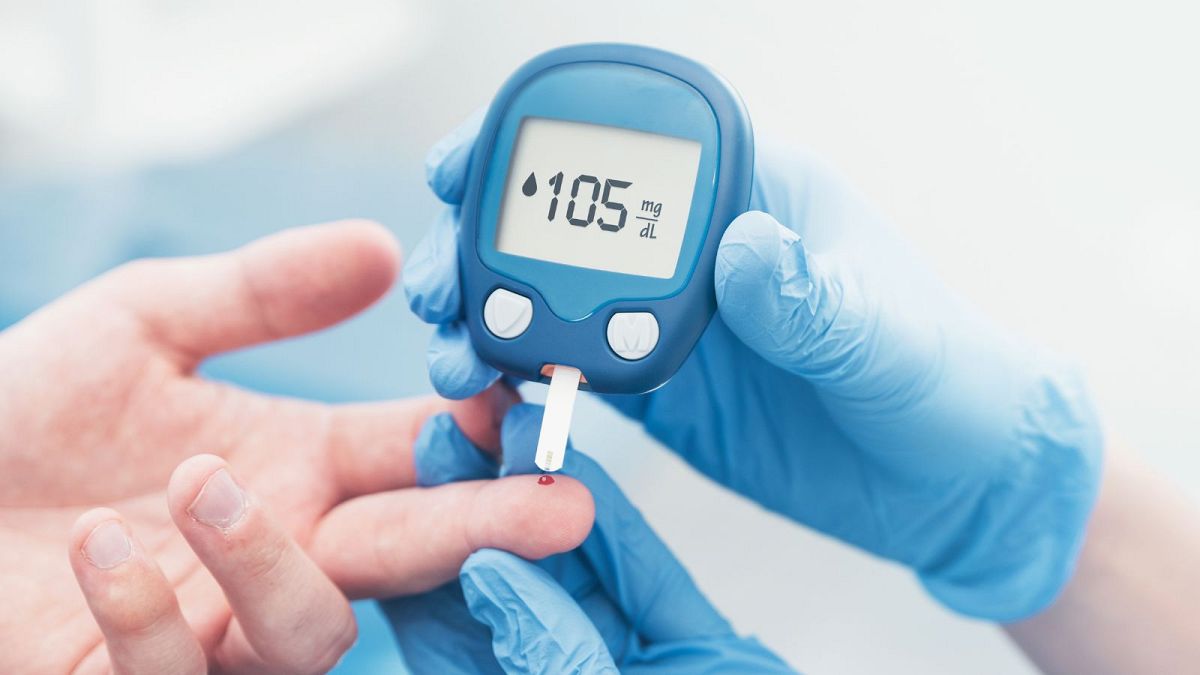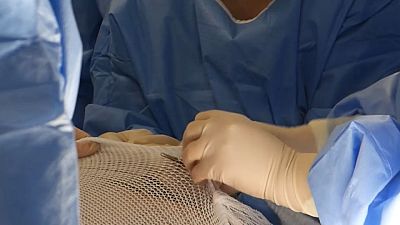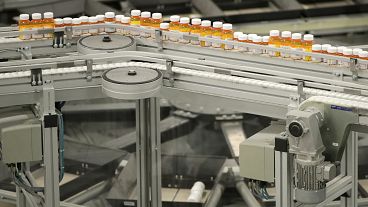A new preclinical study found a combination treatment that significantly increases insulin-producing cells, effectively reversing diabetes.
For the hundreds of millions of people living with diabetes, a new study breakthrough could hold the hope for a cure.
Scientists at Mount Sinai and City of Hope medical centres in the US have developed a drug treatment which was able to increase insulin-producing cells - known as beta cells - by 700 per cent over three months in mice, effectively reversing the disease.
“This study is the first time a treatment, a combination treatment, has shown to increase human insulin-producing cells in vivo,” Dr Adolfo Garcia-Ocaña, corresponding author of the study, told Euronews Health.
“This research brings hope for the use of future regenerative therapies to potentially treat the hundreds of millions of people living with diabetes,” he added.
There are 422 million people worldwide with diabetes as of June this year, according to the World Health Organization (WHO).
Beta cells are the cells located in the pancreas responsible for producing insulin which regulates blood sugar levels in the body.
In people who have diabetes the number and the quality of these cells is reduced, and with the absence of ways to regenerate them, diabetes becomes irreversible and is typically managed through regular insulin injections for type 1 diabetes and specialised medicine for type 2 diabetes.
Previous studies were primarily focused on cultivating new beta cells in a laboratory setting, then transplanting them either directly into mice or into a small device implanted in humans.
However, this recent preclinical study was able to successfully grow insulin-producing cells directly within the body of diabetic mice and to restore the function of the beta cells.
The findings were published in the journal Science Translational Medicine.
The new treatment is a combination therapy that uses harmine, a natural compound found in certain plants, along with GLP1 receptor agonists, a class of drugs like Ozempic commonly used to treat type 2 diabetes.
A small number of human beta cells was implanted into mice that lacked an immune system and served as a standard model for studying both type 1 and type 2 diabetes, Garcia-Ocaña explained.
“The combination therapy treated these mice, and their diabetes was rapidly reversed,” he added.
As phase 1 clinical trials of the treatment are ongoing at Mount Sinai in New York to evaluate the safety of harmine for humans, the team hope this research could put scientists a step closer to developing a new way to treat diabetes.
“Looking ahead, if we can expand endogenous beta cells in a safe way in diabetes it will be a significant advance in the treatment of the disease,” Garcia-Ocaña said.















